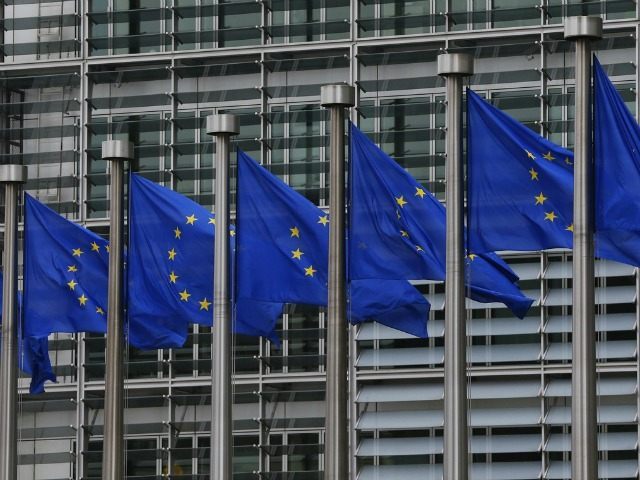ROME (Reuters) – The European Union faces ‘critical times’ and all its members should set aside selfish interests to tackle problems such as immigration and terrorism, the bloc’s six founding nations said on Tuesday.
The foreign ministers of Germany, France, Italy, Belgium, Luxembourg and the Netherlands met in Rome, where they signed the founding treaty of the precursor of the EU in 1957, and issued a joint statement saying its goals were in jeopardy.
“We are concerned about the state of the European project,” the communique said. “Indeed, it appears to be facing very challenging times. It is in these critical times that we, as founding members, feel particularly called upon.”
The meeting was held against a backdrop of deep division in the 28-nation bloc over how to handle the flows of hundreds of thousands of migrants arriving in Europe fleeing war and failing states in the Middle East and North Africa.
Hungary and Austria this week called for fences on the Macedonian and Bulgarian borders with Greece and between Austria and Slovenia, and several states have called into question the Schengen accord on free circulation inside the EU.
The statement called for better management of the Union’s external borders in order to make them more secure while preserving Schengen and not hampering freedom of movement.
It contained no concrete policy proposals, but said Europe “is successful when we overcome narrow self-interest in the spirit of solidarity,” and reaffirmed a commitment to “an ever closer union among the people of Europe.”
Britain, which is preparing a referendum to decide whether to remain in the EU, wants to make sure it is exempted from “ever closer union” as a condition for staying in.
The statement said the EU allowed for “different paths of integration,” but Italian Foreign Minister Paolo Gentiloni said there had been no discussion of a so-called “two-speed” Europe, allowing some countries to forge closer links while others remained on the sidelines.
(Reporting by Steve Scherer, writing by Gavin Jones; Editing by Mark Trevelyan)

COMMENTS
Please let us know if you're having issues with commenting.